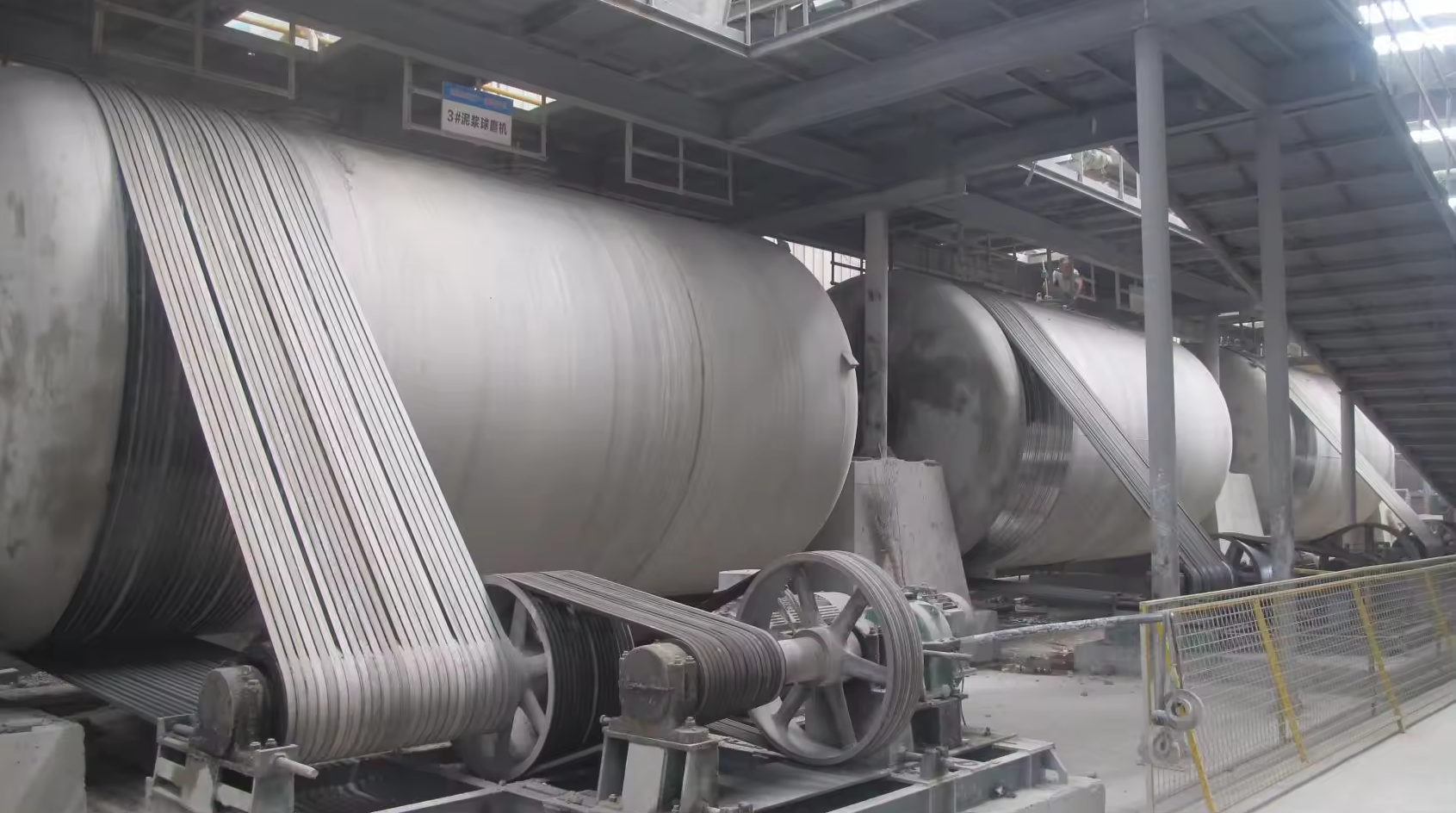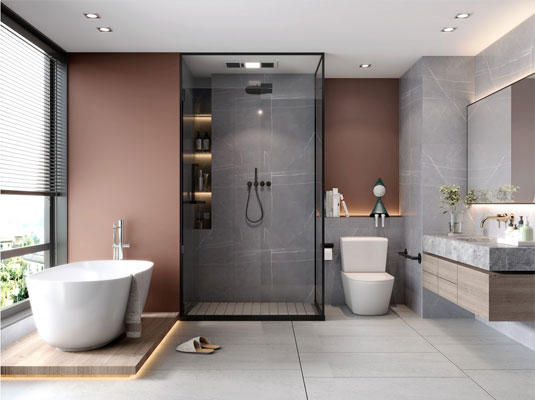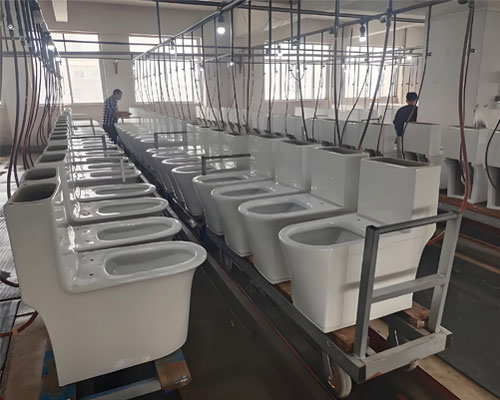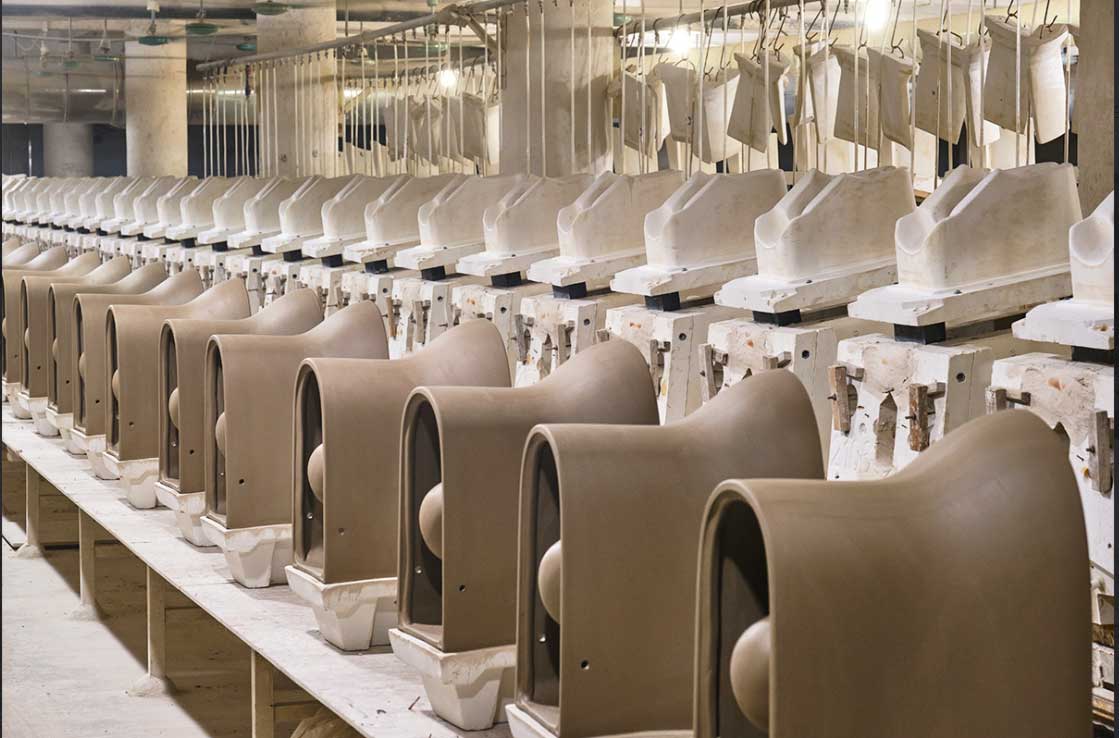Essential Considerations for Choosing the Right Toilet Factory
Selecting the right toilet factory is a critical decision for businesses or individuals involved in construction, renovation, or retail. The factory you choose will not only impact the quality of the toilets you receive but also influence your overall project timeline, costs, and customer satisfaction. To ensure you partner with a reliable and efficient toilet factory, here are essential considerations to guide your selection process:
Quality Assurance:
Quality should be at the forefront of your decision-making process. Evaluate the factory’s commitment to quality assurance measures throughout the manufacturing process. Look for certifications, such as ISO 9001, which demonstrate adherence to international quality management standards. Additionally, inquire about the factory’s quality control procedures and inspection protocols to ensure consistency and reliability in the products they produce.
Production Capacity and Capability:
Assess the factory’s production capacity and capability to meet your specific requirements. Consider factors such as production volume, lead times, and flexibility in accommodating custom orders or design modifications. A factory with advanced machinery, skilled workforce, and efficient production processes can deliver high-quality toilets in a timely manner, regardless of project scale or complexity.
Technological Advancements:
Stay abreast of technological advancements and innovations within the toilet manufacturing industry. Partnering with a factory that invests in modern technology and equipment can lead to improved efficiency, product consistency, and cost-effectiveness. Inquire about the factory’s use of automation, robotics, and digital modeling technologies to streamline production processes and enhance product quality.

FOHOME Technology
Material Selection and Sustainability:
Consider the materials used by the factory in toilet manufacturing and their commitment to sustainability. Opt for factories that prioritize environmentally friendly materials and practices, such as water-saving features, recycled content, and energy-efficient production processes. Sustainable manufacturing not only reduces environmental impact but also aligns with consumer preferences for eco-conscious products.
Supply Chain Management:
Evaluate the factory’s supply chain management practices to ensure reliability and transparency. A robust supply chain ensures the availability of raw materials, components, and resources necessary for uninterrupted production. Inquire about the factory’s sourcing policies, supplier relationships, and contingency plans to mitigate risks associated with supply chain disruptions.

Cost and Value Proposition:
While cost is a significant factor, prioritize value over price alone. Consider the overall value proposition offered by the factory, taking into account factors such as product quality, reliability, customization options, warranty, and after-sales support. Balancing cost considerations with quality assurance ensures a satisfactory return on investment and long-term satisfaction.
Reputation and Track Record:
Research the factory’s reputation and track record within the industry and among past clients. Look for testimonials, reviews, and case studies that provide insights into the factory’s performance, customer satisfaction, and ability to deliver on promises. A factory with a proven track record of reliability, integrity, and excellence is more likely to meet your expectations and project requirements.
Geographical Location and Logistics:
Consider the geographical location of the factory and its implications for logistics, transportation, and distribution. Choosing a factory located near your project site or target market can minimize shipping costs, reduce transit times, and simplify coordination. Evaluate the factory’s logistical capabilities, including packaging, warehousing, and shipping options, to ensure seamless delivery of products.
Communication and Collaboration:
Effective communication and collaboration are essential for a successful partnership with the factory. Evaluate the factory’s responsiveness, communication channels, and willingness to collaborate on project requirements and specifications. Clear communication fosters transparency, trust, and alignment of expectations, leading to smoother project execution and mutual satisfaction.
Long-Term Relationship and Support:
Cultivate a long-term relationship with the factory based on trust, mutual respect, and shared goals. A reliable factory should be committed to providing ongoing support, maintenance, and assistance throughout the entire product lifecycle. Establishing a partnership built on transparency and collaboration ensures continued success and satisfaction for both parties.
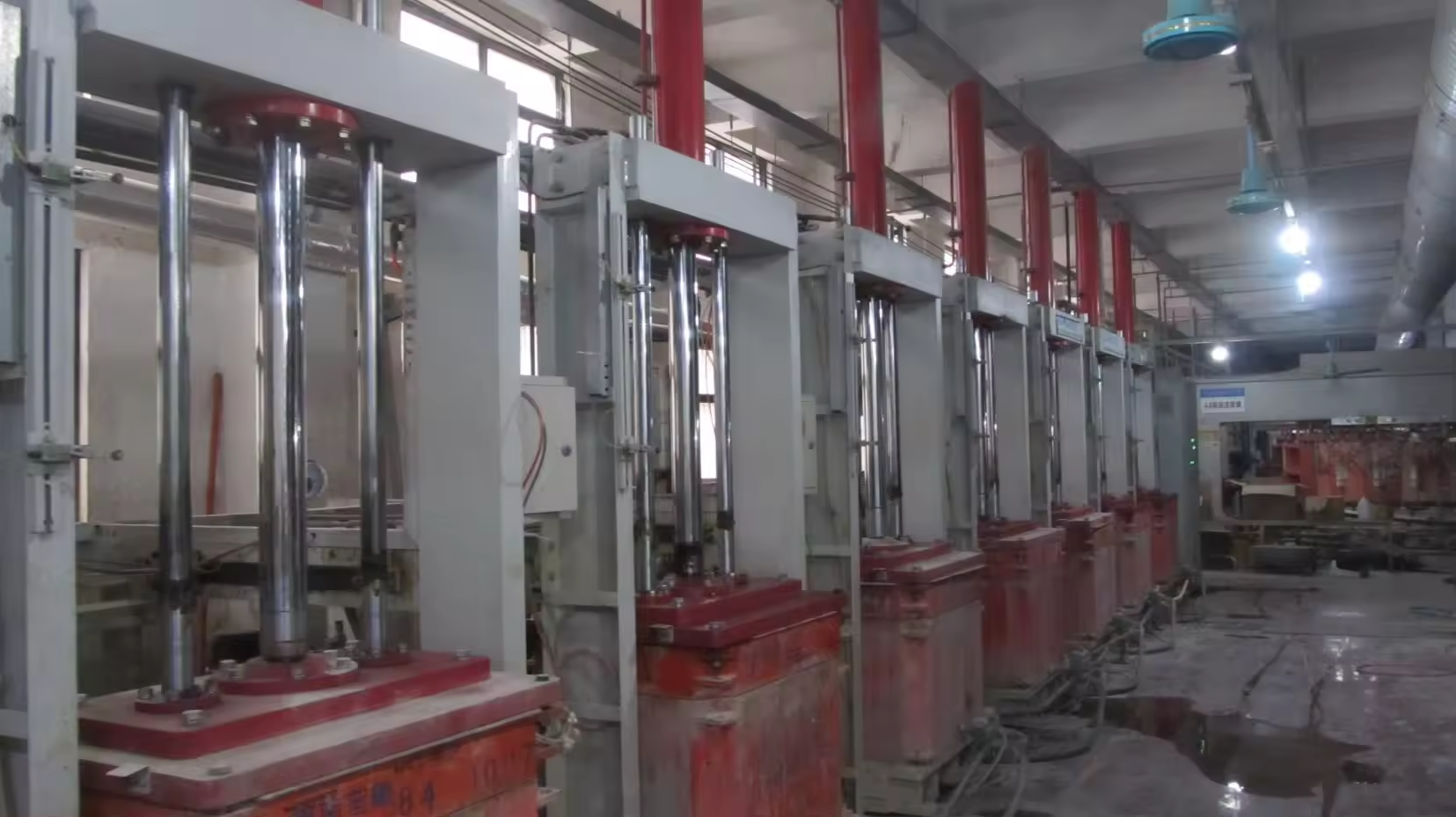
In conclusion, choosing the right toilet factory requires careful consideration of factors such as quality assurance, production capacity, technological advancements, sustainability, supply chain management, cost, reputation, geographical location, communication, and long-term support. By conducting thorough research, due diligence, and evaluation, you can confidently select a factory that meets your requirements and contributes to the success of your projects.

